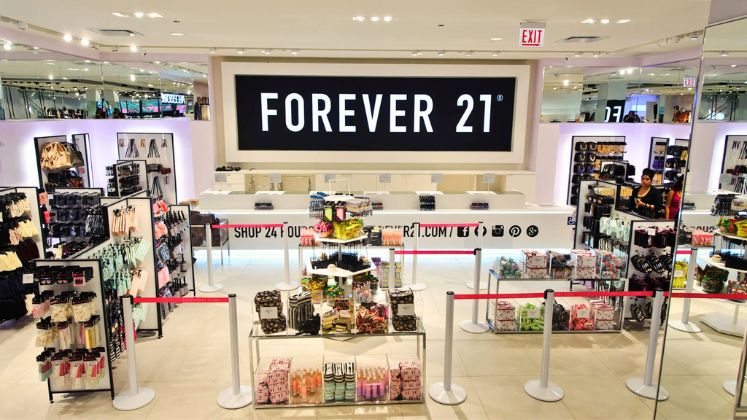
As the last Forever 21 stores close and the company adopts a business model similar to its online rivals, that is the plan for preserving the Forever 21 name.
The company was granted interim permission by US Bankruptcy Judge Mary Walrath on Tuesday to begin going-out-of-business sales at all 354 of its locations as managers attempt to find a last-minute buyer for a portion of the 41-year-old apparel chain.
Andrew L. Magaziner, the company’s lawyer, stated during the court hearing that Forever 21 “had advanced discussions with third parties” regarding saving a portion of the chain. The circumstances “remain fluid.”
Since the 1980s, Forever 21 boutiques have drawn large crowds of young ladies with their affordable, stylish apparel. However, the company claimed in court documents that it was destroyed by the competition from online retailers like Temu and SHEIN, who can avoid import taxes and customs by sending goods straight to customers, as well as the growing costs of inventory and labour.
According to court documents, only 11 per cent of Forever 21’s sales occurred online last year. Forever 21 currently operates under a conventional framework whereby designers and other US vendors purchase goods from factories abroad, mostly in China, Korea, and Hong Kong. As per records, the item is subsequently shipped to Forever 21 stores and warehouses, where customs and tariffs must be paid by the business.






